From the Education Counts website:
As at 1 July 2023, there were 10,777 homeschooled students. These students belong to 6,298 families and represent 1.3% of total school enrolments.
Out of the 10,777 homeschoolers 65.1% were aged 12 or under, 77.0% had been home-schooled for less than 5 years, and only 3.0% had been home-schooled for 10 years or more.
European/Pākehā students are more likely to be homeschooled than any other ethnic group with 67.1% of all homeschoolers, compared to 43.9% of the total school population (this is based on prioritised ethnicity statistics). Only 15.0% of homeschoolers identify as Māori compared to 24.8% of the total school population, 3.1% of homeschoolers identify as Pacific compared to 9.9% of the total school population, and 3.1% of homeschoolers identify as Asian compared to 16.8% of the total school population. The ethnicity of 0.9% of homeschoolers is unknown.
Homeschooling Turnover
Between 1 July 2022 and 1 July 2023 there was an overall net decrease of 122 students; 2,164 students entered into homeschooling and 2,286 students finished homeschooling.
The average age of the 2,164 students entering homeschooling was 9 years old, 80.5% were aged 12 or under and 0.9% were age 16 or above. Of the students entering homeschooling during the year ending 1 July 2023, 68.5% identified as European/Pākehā, 17.7% identified as Māori, 3.5% identified as Pacific, and 4.0% identified as Asian. Ethnicity is unknown for 0.6% of homeschoolers.
The average age of the 2,286 students exiting homeschooling was 12 years old, 55.1% were aged 12 or under, and 15.9% were 16 years old or above. Of the students exiting homeschooling during the year ending 1 July 2023, 51.3% had been in homeschooling less than a year, 28.8% had been in homeschooling for 1 – 5 years, and 7.4% had been in homeschooling for 10 years or more.
Percentage break down by region
Region |
Exempt students |
Percentage of all students |
Northland |
952 |
2.97% |
Auckland |
2467 |
0.87% |
Waikato |
1217 |
1.43% |
Bay of Plenty |
949 |
1.66% |
Gisborne |
82 |
0.89% |
Hawkes Bay |
361 |
1.19% |
Taranaki |
327 |
1.51% |
Manawatu-Whanganui |
589 |
1.43% |
Wellington |
734 |
0.90% |
Nelson |
146 |
1.7% |
Marlborough |
155 |
2.25% |
Tasman |
382 |
4.73% |
West Coast |
197 |
4.44% |
Canterbury |
1524 |
1.51% |
Otago |
386 |
1.15% |
Southland |
250 |
1.48% |
Unknown |
77 |
0.77% |
Totals |
10,777 |
1.3% |
Comments
Children exit home education for a multitude of reasons - aging out of the system, moving on to employment, alternative education (including Te Kura for NCEA), leaving the country, or returning to learning in a school environment. Of the latter, some parents intended homeschooling as a shorter-term solution from the beginning, again for many different reasons, while others' circumstances may have changed, or home education may have turned out not to suit them. Of course, currently we have an unprecedented additional reason - some families chose home education for pandemic related reasons, and now the pandemic has (in effect) passed, they will choose either to carry on home education (it may well have turned out to be the best thing for their family, regardless of the initial impetus), or to return their children to school.
So, a small dip in numbers is nothing really. Especially as the Ministry (and the politicians) seemed very convinced at the time that all those "flocking" to home education would return their children to school as soon as the mandates, masks etc passed. Clearly that hasn't happened, as our numbers are still 164% what they were before the pandemic!
Also, the statistics are just a snapshot in time - taken on the annual date of 1st July. Even during that day, numbers can vary, so these reflect whatever they were on the database at the time it was taken. (Last year I asked for more detailed numbers, and the totals varied from the official ones, for the same day, by about 1700 students, with the only explanation being that "it depends when on the day this was taken").
Since that date, the number of exempt students overall has again increased. On the 1st of November, they were 11,072.
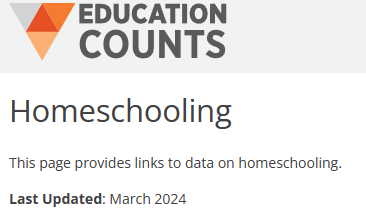

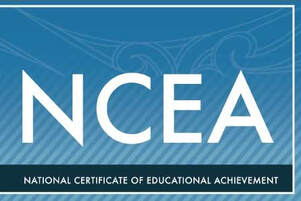



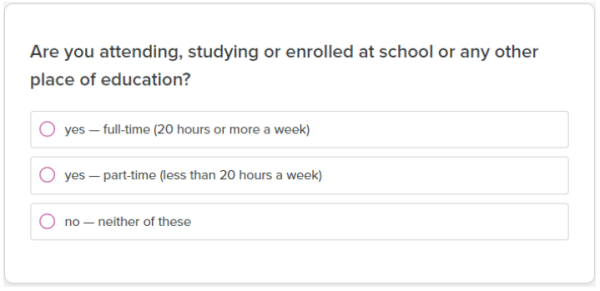
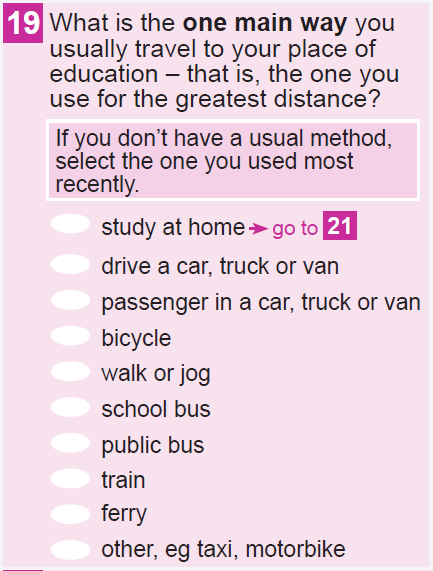
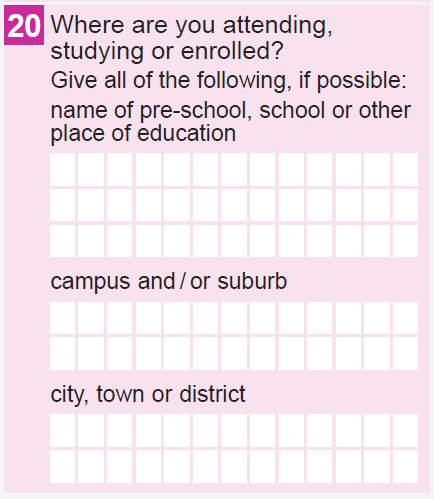
 RSS Feed
RSS Feed
